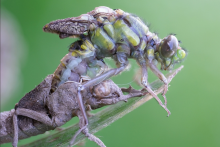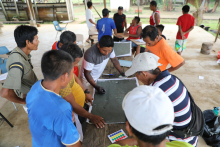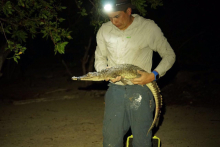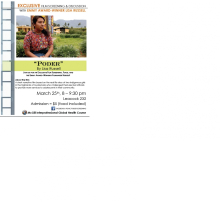Dear community members,
I am pleased to announce that Professor Alanna Watt, of the Department of Biology, has graciously agreed to take on the role of Interim Dean of Science, effective July 1, 2025. She will oversee the Faculty while we continue the search for a new Dean of Science. In accordance with the University Statutes, an Advisory Committee will be established to support this process.
Experience and expertise











 Meghomita Das, a recent PhD graduate of McGill’s Department of Earth and Planetary Sciences, first discovered a passion for science communication in the wake of a natural disaster. When Das was a high school student in India, an earthquake in nearby Nepal impacted both countries.
Meghomita Das, a recent PhD graduate of McGill’s Department of Earth and Planetary Sciences, first discovered a passion for science communication in the wake of a natural disaster. When Das was a high school student in India, an earthquake in nearby Nepal impacted both countries. 
